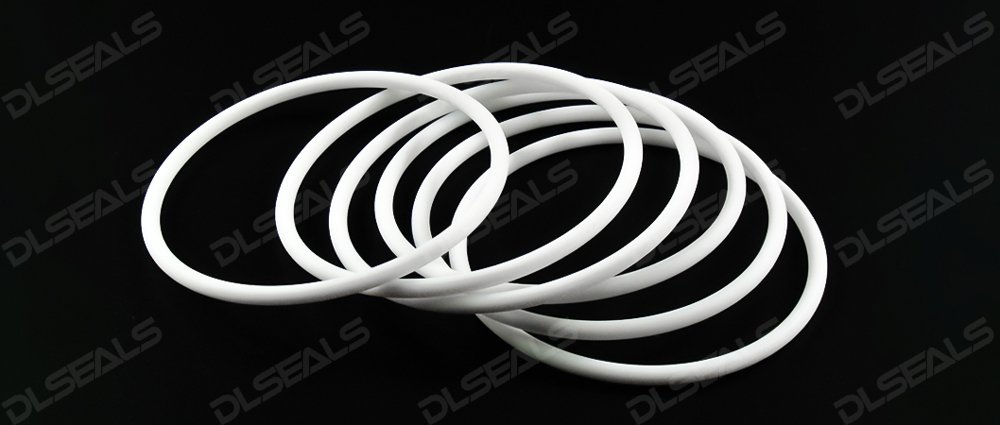In industries dealing with harsh chemical environments, selecting the right sealing solutions is crucial to ensure equipment reliability and safety. Chemical processes often involve corrosive substances, extreme temperatures, and high pressures, which can pose challenges to traditional sealing materials. This article explores key considerations for choosing sealing solutions that can withstand harsh chemical environments.
1. Understanding Chemical Compatibility:
Before selecting a sealing solution, it’s essential to understand the compatibility of the sealing material with the chemicals it will be exposed to. Different chemicals can react with sealing materials, leading to degradation, swelling, or failure. Conduct a thorough analysis of the chemicals present in the environment and choose a sealing material that exhibits excellent chemical resistance.
2. Temperature and Pressure Resistance:
Harsh chemical environments often involve extreme temperatures and high pressures. Sealing solutions must be capable of maintaining their integrity and sealing effectiveness under these conditions. Look for sealing materials with high temperature and pressure resistance to ensure long-term performance and reliability.
3. Material Selection:
Various sealing materials are available for harsh chemical environments, including fluoropolymers, elastomers, and metals. Each material has its advantages and limitations. Fluoropolymer seals, such as PTFE, offer excellent chemical resistance and temperature stability. Elastomeric seals, like Viton®, provide flexibility and resilience in demanding applications. Metal seals, such as those made from stainless steel, offer robustness and durability in extreme conditions. Consider the specific requirements of your application and choose the most suitable material accordingly.
4. Customized Solutions:
In some cases, off-the-shelf sealing solutions may not fully meet the unique requirements of harsh chemical environments. Customized sealing solutions, tailored to the specific parameters of the application, can provide enhanced performance and reliability. Work with experienced sealing solution providers who can design and manufacture custom seals to meet your exact needs.
5. Regular Maintenance and Inspection:
Even the most durable sealing solutions require regular maintenance and inspection to ensure optimal performance. Periodically inspect seals for signs of wear, degradation, or damage. Replace seals as needed to prevent leaks and maintain system integrity. Implement a preventive maintenance schedule to address potential issues before they escalate.
Conclusion:
Choosing the right sealing solutions for harsh chemical environments is critical to ensuring equipment reliability, safety, and longevity. By understanding chemical compatibility, considering temperature and pressure resistance, selecting appropriate materials, exploring customized solutions, and implementing regular maintenance practices, you can optimize sealing performance and minimize the risk of costly downtime or safety hazards in chemical processing operations.
Post time: Apr-03-2024

